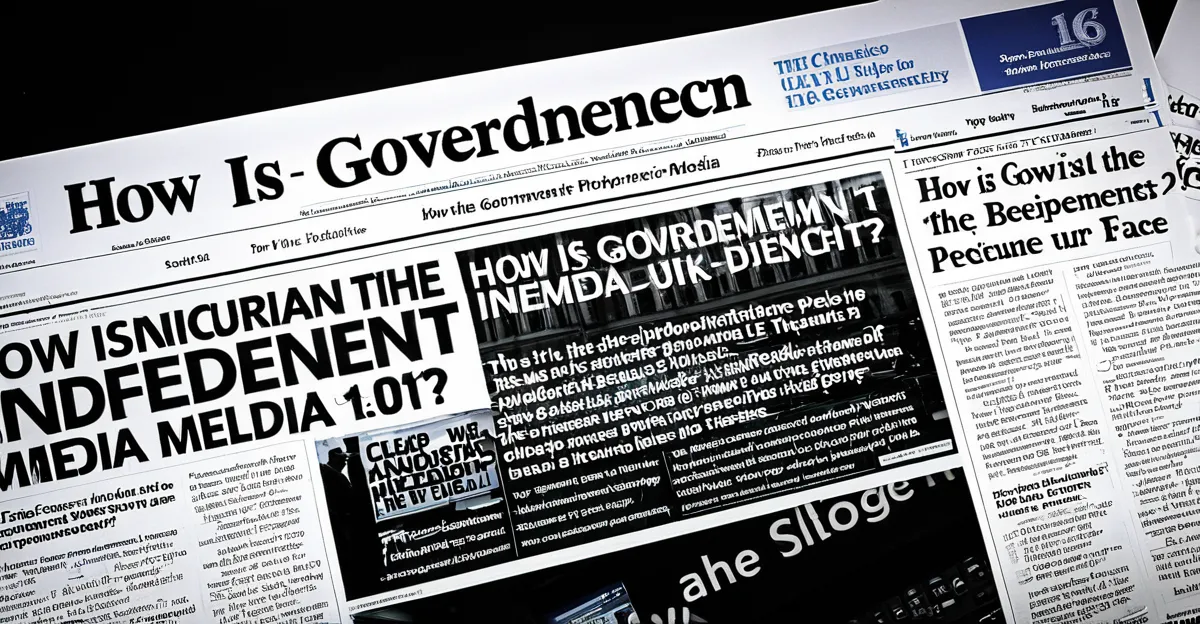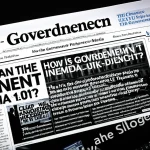UK government initiatives to promote media freedom
The UK government actively champions media freedom initiatives through various official campaigns designed to uphold press independence both domestically and internationally. One prominent example is the Global Conference for Media Freedom, which the UK has hosted to unite governments, media professionals, and civil society organizations in fostering a free and safe press environment worldwide. Through such international partnerships, the UK works to strengthen media rights by promoting transparency, accountability, and access to information.
The government’s action extends to funding independent journalism projects, recognizing their vital role in a democratic society. Support includes grants and capacity-building efforts aimed at protecting investigative journalism, especially in regions where press freedom is threatened. This approach underlines the UK’s commitment to safeguarding journalistic integrity and empowering news outlets free from undue influence or censorship.
Also read : How is the UK managing its national debt?
By emphasizing collaboration with global entities and allocating resources to frontline journalists, the UK media freedom initiatives demonstrate a proactive stance in addressing challenges to press freedom. This holistic strategy ensures that government action is not limited to rhetoric but is supported by tangible policies and programs that bolster the media ecosystem both at home and abroad.
Legislation and policies impacting media freedom in the UK
The media laws UK framework forms a crucial backbone for maintaining the balance between press freedom and responsible journalism. Several key pieces of legislation provide legal protections for journalists, ensuring they can operate without undue interference. For example, the Contempt of Court Act 1981 limits prejudicial publications during ongoing legal proceedings, protecting both the rights of individuals and the integrity of the justice system, while allowing journalists to report freely.
Topic to read : How Will Brexit Affect the Future of UK Trade?
Freedom of expression legislation in the UK includes the Human Rights Act 1998, particularly Article 10, which secures the right to freedom of expression, including the freedom to receive and impart information without interference. This legal principle underpins UK media freedom initiatives by guaranteeing a legal basis for press activity.
The UK government has enacted mechanisms to protect journalists and whistleblowers that further underpin press freedom policy. Whistleblower protections, such as those under the Public Interest Disclosure Act 1998, enable journalists and sources to expose wrongdoing safely. Journalists benefit from these protections, which encourage transparency and accountability without fear of retaliation.
Government guidelines on press regulation emphasize editorial independence—a foundational aspect of free media. The Leveson Inquiry recommendations led to the establishment of a system where regulators must be independent of government and media owners, thus balancing press freedom with ethical journalism standards. These policies ensure that press freedom thrives while maintaining professional responsibility.
In sum, the media laws UK landscape, legal protections for journalists, and freedom of expression legislation combine to form a robust framework secured by clear government action. This framework not only protects journalists but also affirms the UK’s commitment to a vibrant and independent press.
Official government statements on media freedom
Official government statements media freedom consistently affirm the UK’s dedication to safeguarding a free press. Recent UK government press releases highlight a clear commitment to uphold press freedom policy as a cornerstone of democratic society. For instance, ministers have publicly reiterated support for journalists’ rights to report without fear, emphasizing that transparency and accountability remain central government priorities.
When asked about the UK’s stance on press freedom, government responses often stress alignment with international conventions, such as the Universal Declaration of Human Rights, which enshrines freedom of expression. This shows how official policy on journalists is not only domestic but also part of wider global efforts to promote media freedom.
Furthermore, UK government statements media freedom reveal a proactive approach in addressing threats to journalists, including online harassment and physical safety concerns. Official communications frequently reference ongoing work to enhance legal protections and ethical standards. These statements underscore that government action involves collaboration with independent regulators and adherence to established guidelines to maintain editorial independence.
In summary, official policy on journalists is communicated through comprehensive rhetoric and concrete initiatives. This approach reassures both national and international audiences that the UK remains steadfast in fostering a vibrant, independent press safeguarded by firm government support.
Recent developments, controversies, and criticism
The landscape of UK media freedom controversies has seen notable developments as government policies face scrutiny from both domestic and international observers. One key area of concern involves tensions over surveillance laws and their potential chilling effect on press activity. Critics argue that certain provisions risk undermining confidentiality protections vital for investigative journalism. This criticism highlights ongoing debates about balancing national security interests with the core principles of press freedom.
Government criticism has also emerged in response to perceptions of insufficient action addressing threats like online harassment and physical attacks against journalists. Advocacy groups emphasize that such challenges impair a free press environment and call for stronger enforcement of media protection initiatives. The government has acknowledged these issues and pledged to enhance measures that safeguard journalists, underscoring a willingness to adapt policy based on evolving threats.
Recent controversies additionally touch on the regulation framework, with debates around the adequacy of existing press freedom policy in protecting editorial independence amid changing media ownership and political pressures. International bodies monitoring press freedom have urged the UK to reaffirm its commitment to transparent and fair media laws.
In response, government officials have issued statements reaffirming support for press freedom while outlining steps to address criticism, such as improving legal protections and increasing funding for safety programs. By engaging with criticism constructively, the UK aims to maintain a dynamic balance between security, ethical journalism, and open reporting vital to democracy.




